Alternate histories about John F. Kennedy’s assassination range from liberal fantasies, in which the Vietnam War didn’t escalate and Kennedy harmonizes race relations in the United States, to — less commonly — conservative fantasies, in which JFK establishes a Catholic dynasty that rules America forever.
Most books fall somewhere in between.
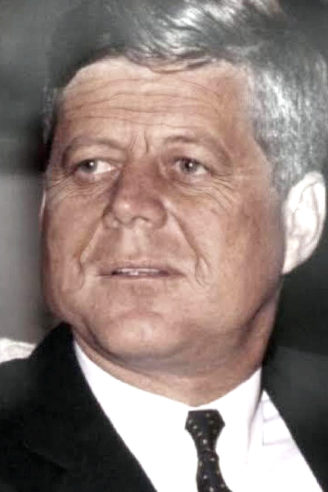
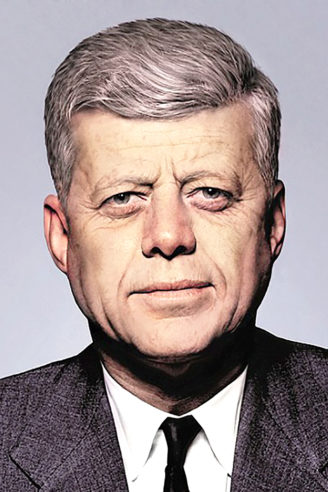

Better America
Nigel Hamilton, who wrote JFK: Reckless Youth (1992), speculated in a 2003 article for The New York Times that Kennedy would have withdrawn from Vietnam and negotiated détente with the new Soviet leader, Leonid Brezhnev. Civil rights legislation fails, triggering race riots. Lyndon Johnson is elected president in 1968 with Robert Kennedy as his vice president. Medicaid and Medicare pass in 1969. Johnson, who suffered a heart attack in 1955, dies from another that same year. Robert Kennedy is sworn in as president and appoints Martin Luther King as his vice president. Civil rights pass. The second President Kennedy signs a non-expansion pact with Brezhnev. North and South Vietnam reunite. King oversees a national desegregation program. The United States normalizes trade relations with Cuba in 1971. Riding on a conservative backlash, Ronald Reagan wins the 1972 election. It is Reagan, not Richard Nixon, who restores relations with communist China. Kennedy wins back the White House in 1980 with New York lieutenant governor Mario Cuomo as his running mate.
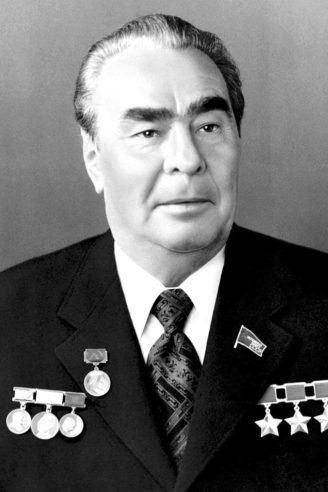
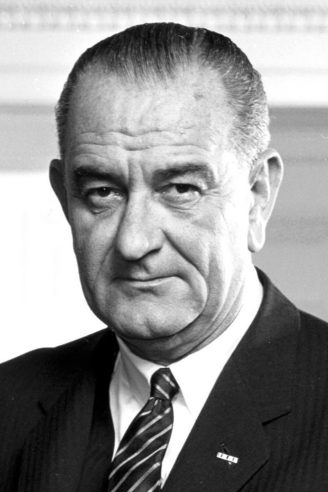
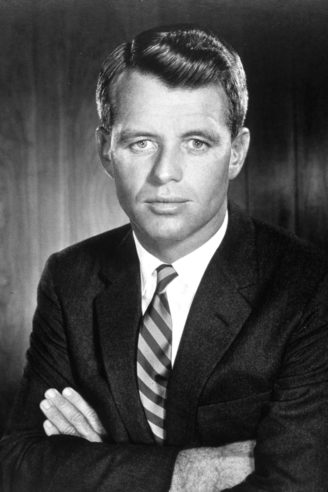
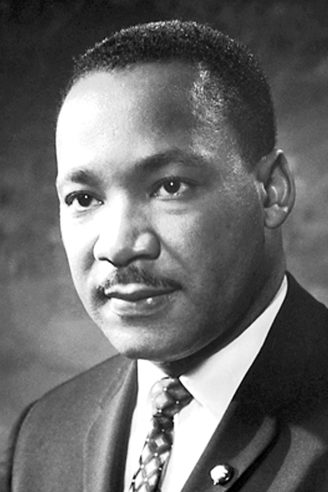
In the real world, Reagan lost the 1968 Republican nomination to Nixon and the 1976 nomination to Gerald Ford before finally winning in 1980. Walter Mondale considered asking Cuomo to be his vice presidential candidate in 1984 but decided to nominate Geraldine Ferraro. Cuomo was himself considered a frontrunner for the Democratic presidential nomination in 1988 and 1992 but declined to run both times.
Simon Burns, in “What if Lee Harvey Oswald had missed?” published in Prime Minister Portillo… and other things that never happened: A Collection of Political Counterfactuals (2003), agrees Kennedy would have withdrawn from Vietnam and overseen a less aggressive civil rights campaign, but a better anti-poverty program, than Johnson.
In Stephen Baxter’s Voyage (1996), Kennedy survives the assassination attempt but is badly wounded and does not seek reelection in 1964. At Kennedy’s urging, his successor, Richard Nixon, invests in the space program, leading to a Moon landing in 1969 and a Mars landing in 1986.
Largely the same
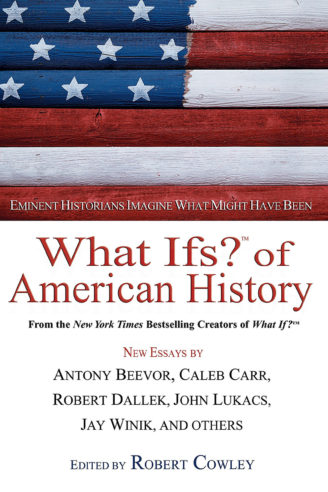
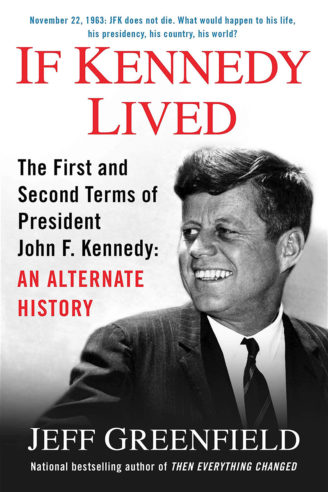
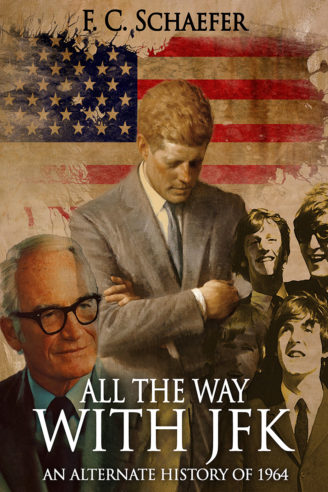
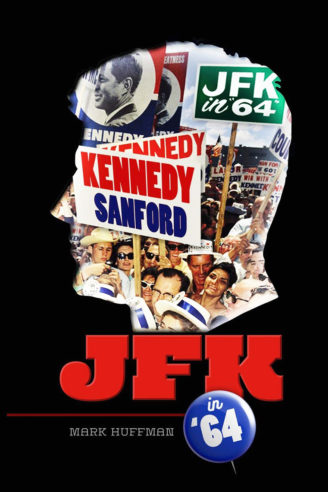
Historian Robert Dallek, who wrote An Unfinished Life: John F. Kennedy, 1917–1963 (2003), argues in “JFK’s Second Term,” published in The Atlantic (June 2003), that a second Kennedy Administration would have been like Johnson’s domestically, with a focus on civil rights and poverty reduction, but different abroad. Dallek believes Kennedy would have defied the advice of his generals and avoided escalation in Vietnam. He also thinks JFK may have attempted rapprochement with Cuba.
Dallek makes similar arguments in “JFK Lives,” published in What Ifs? of American History: Eminent Historians Imagine What Might Have Might Have Been, edited by Robert Cowley (2013): Kennedy would have passed civil rights, but only just, and Republicans would have been more successful against him in the 1964 and 1966 elections than they were against Johnson.
Journalist Jeff Greenfield postulates in If Kennedy Lived: The First and Second Terms of President John F. Kennedy: An Alternate History (2013) that, with his brother Bobby as defense secretary, Kennedy would have withdrawn from Vietnam but backed away from civil rights.
All the Way with JFK: An Alternate History of 1964 (2017) by F.C. Schaefer sees Kennedy pulling out of Vietnam but invading Cuba to remove Fidel Castro. Kennedy grapples with hostile Texas oil barons, the mafia and Jimmy Hoffa’s Teamsters. Martin Luther King and Robert Kennedy are still killed.
JFK in ’64 (2018), by Mark Huffman, imagines how Kennedy would have fought reelection against Berry Goldwater.
Worse
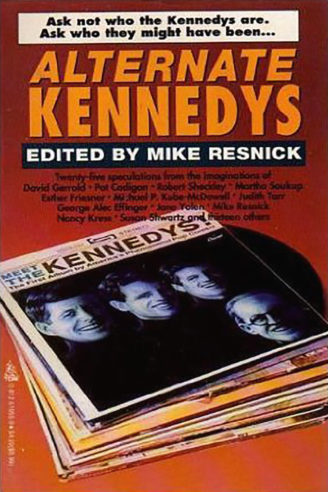
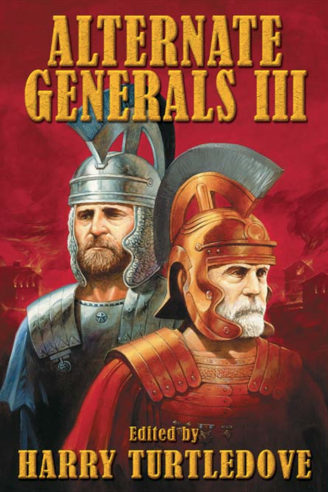
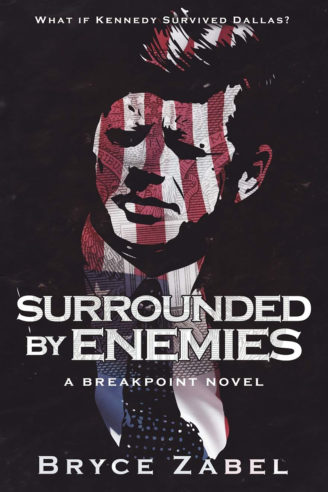
In Rick Katze’s “Bobbygate,” published in Alternate Kennedys, edited by Mike Resnick (1992), JFK is not killed but — in a reversal of Watergate — his brother Bobby is implicated in a break-in at Republican Party headquarters.
Chris Bunch, in “Murdering Uncle Ho,” published in Alternate Generals III, edited by Harry Turtledove and Roland J. Green (2005), breaks with the consensus. He has the Gulf of Tonkin incident happening as it did in the real world and Kennedy committing to defending South Vietnam. The war doesn’t go better for him than it did for Johnson. In 1970, a President Nelson Rockefeller orders the assassination of North Vietnamese leader Ho Chi Minh.
Rockefeller, the long-serving governor of New York, in reality failed to win the Republican presidential nomination in 1960, ’64 and ’68. He was hampered the first time by Nixon’s popularity, the second time by his recent divorce and remarriage, and the third time by the demise of liberal Republicanism. If centrist voters, disappointed by Kennedy’s war in Vietnam, had flocked to the Republican Party in ’68, it might have given Rockefeller the edge he needed to defeat Nixon and Reagan.
In Bryce Zabel’s Surrounded by Enemies: What If Kennedy Survived Dallas? (2014), the investigation into the failed assassination becomes the Watergate of its time. Every JFK conspiracy theory is revealed to be true. There really was a second shooter on the grassy knoll. The CIA, mafia, Texas oilmen and FBI director J. Edgar Hoover were all involved. So was Vice President Lyndon Johnson, who is sentenced to prison. Kennedy resigns in scandal. Richard Nixon serves two full terms. Reagan is elected in 1976.
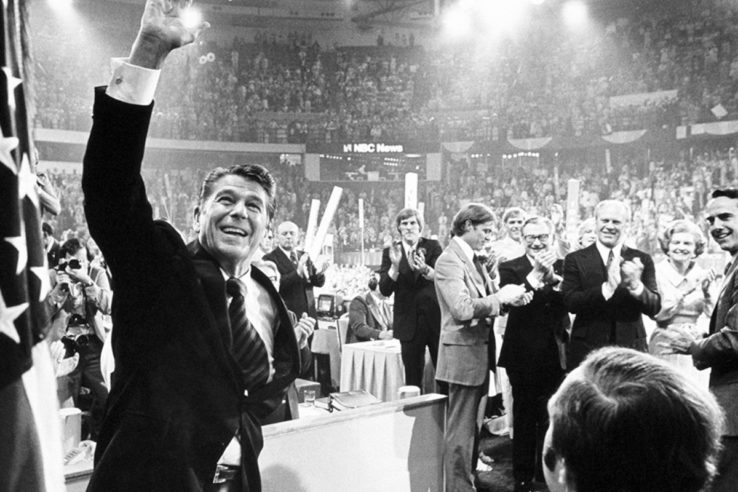
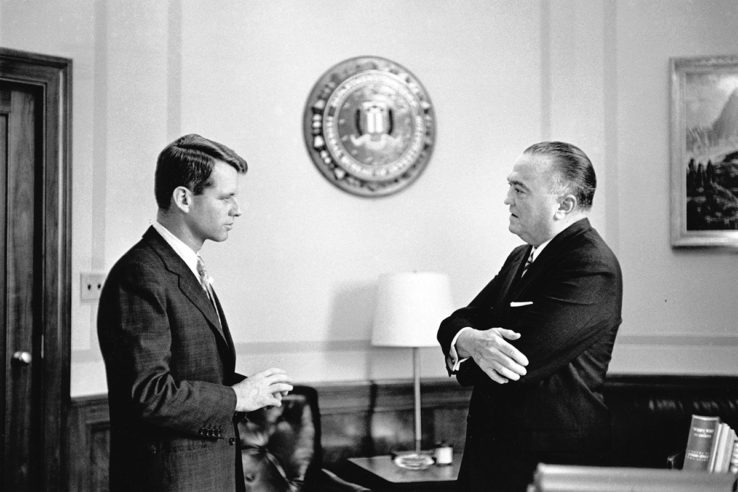
Crazy
National Lampoon devoted its February 1977 issue to Kennedy’s fifth term. It imagined Kennedy’s wife Jacqueline had died in Dallas on November 22, 1963. John F. wins reelection in a landslide in 1964. Cardinal Richard Cushing becomes the first American pope. A Summer Vatican is established in Coral Gables, Florida. America withdraws from Vietnam and normalizes relations with China. Fidel Castro flees his homeland after several assassination attempts. The Twenty-second Amendment to the Constitution, which limits presidents to serving two consecutive terms, is repealed. Kennedy marries Christina Onassis. (In the real world, his widow married Christina’s father, Aristotle.) When riots erupt in Northern Ireland in August 1969 (which in the real world led to a 37-year British Army presence in the province), Kennedy orders a military intervention. He stacks the Supreme Court with members of his family. Year after year, Kennedy forces Khrushchev to back down in missile crises in the Aleutian Islands, Virgin Islands, Bermuda… Richard Nixon runs against Kennedy in ’64, ’68, ’72, ’76, and loses every time.
In Camelot Revisited: The Alternate History of America Since November 22, 1963 (1996), Alex Jack imagines a war in Central America, the Soviets reaching the Moon first and America creating a fifty-first state, Camelot, in the middle of the country, devoted to progressive ideals.
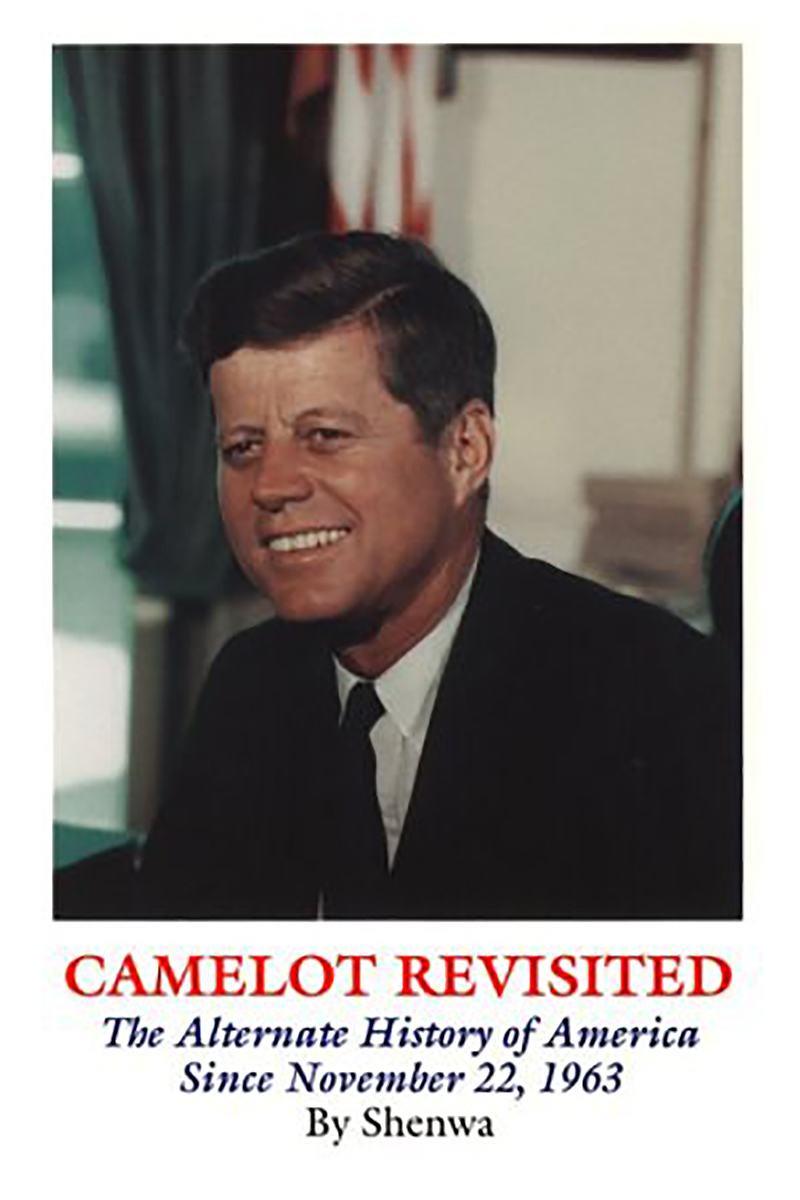
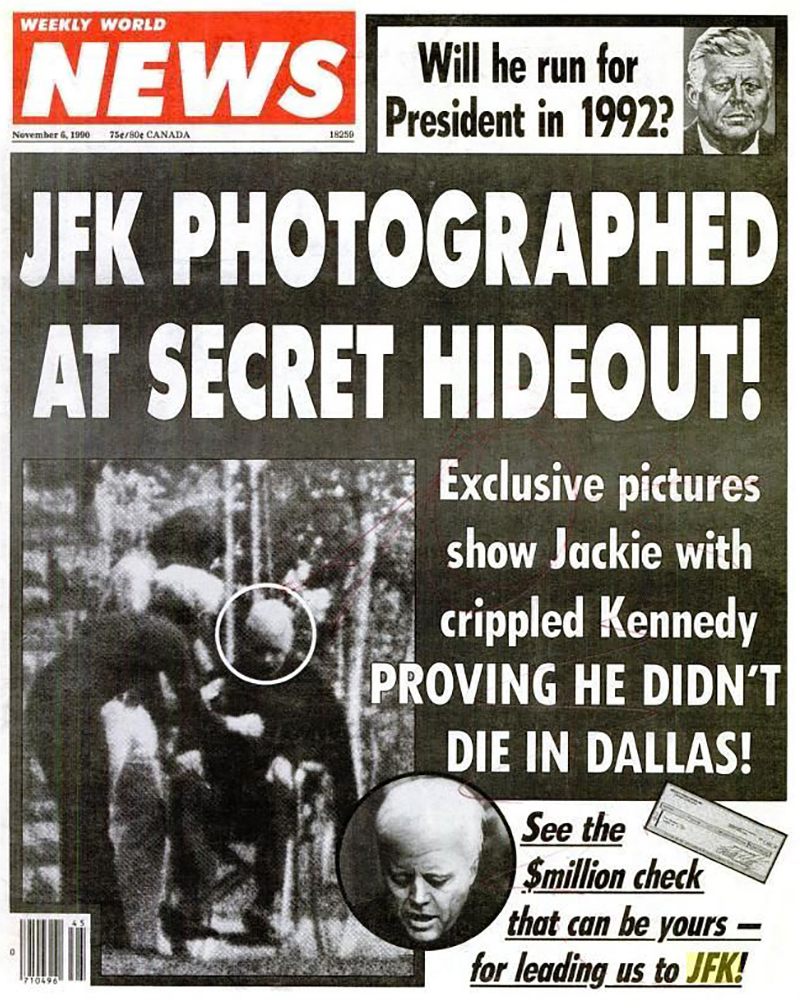
The tabloid Weekly World News ran various headlines in the early 1990s alleging Kennedy had survived assassination in Dallas. One story, published on November 6, 1990, alleged the FBI, CIA, Castro and Kennedy’s younger brother, Bobby, were all in on the plot to kill JFK, who was still alive — crippled and frail — on a Greek island owned by shipping magnate Aristotle Onassis.
Another story in Weekly World News revealed Kennedy was shot to prevent him revealing the truth about aliens and UFOs, which is also a popular theory among conspiracy theorists online.

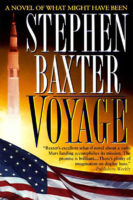
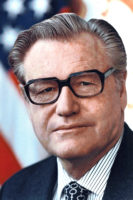
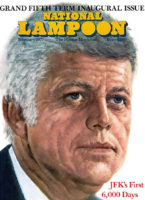
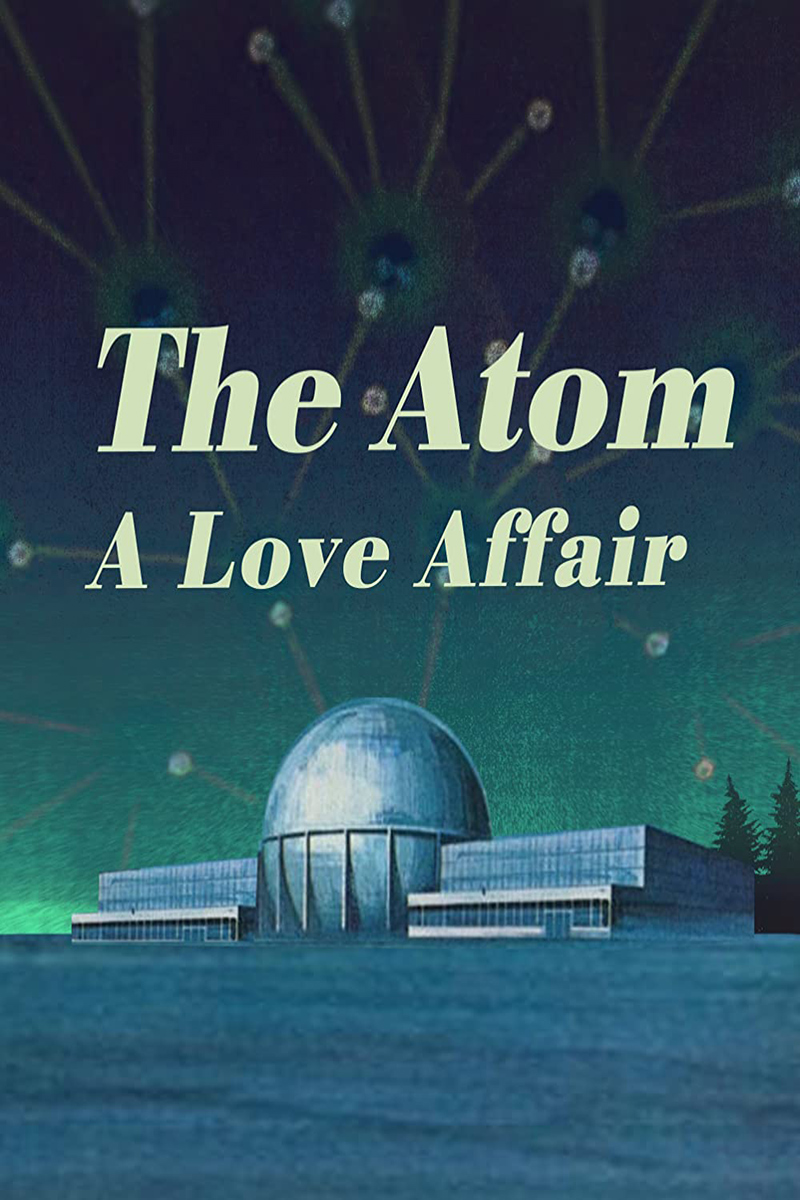


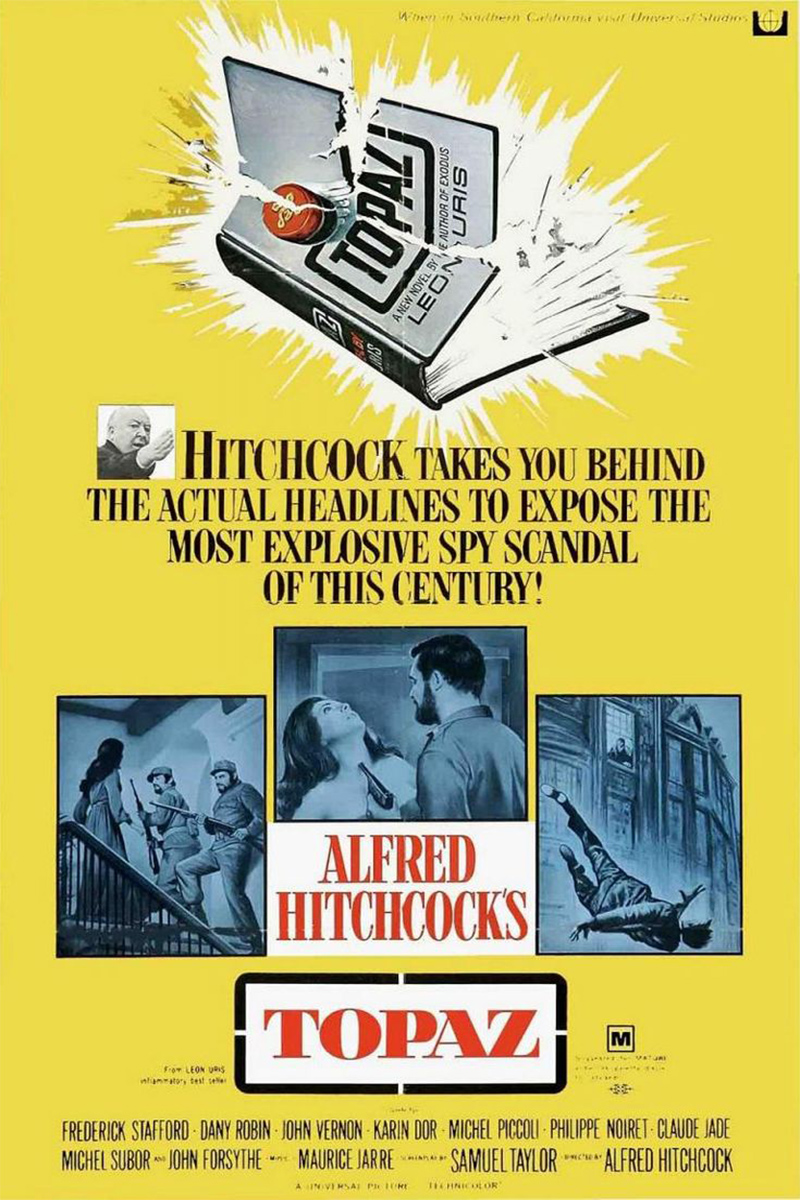
4 Comments
Add YoursIt is said that one historian, asked how he thought history would have changed if Nikita Kruschev had been assassinated in December 1963 instead of JFK, could only suggest that Aristotle Onassis probably would not have married Mrs. Kruschev…
Stephen King’s 11/22/63 is probably the best alternative fiction work on what would have happened if JFK’s assassination had been prevented. Gets a little cheap-sci fi at the end, but it’s excellent otherwise. The mini-series actually worked out well (and ditched the sci-fi aspect, focusing only on the butterfly effect). Well worth a read and then a viewing.
LOVE this site.
Thanks!
These are the best age-progression illustrations of President Kennedy that I have ever seen. However, I think that, considering his Addison’s Disease and the Cortisone injections he received regularly for it, his cheeks would have continued to widen more than these illustrations show. It was his Cortisone injections that caused that widening effect to occur in the first place, up until the time he died, and he probably would have continued to receive those same injections if he had lived beyond the time of his death on November 22, 1963.